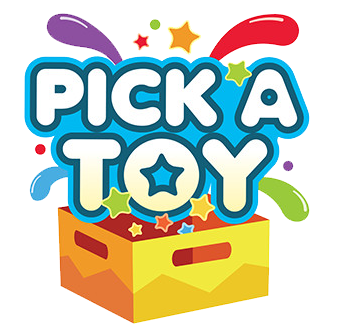Title: Introducing Sensory Play to Schools and Early Learning Centers
Introduction
Education is evolving, recognizing the importance of holistic development in young children. Sensory play is a powerful tool that fosters not only cognitive growth but also emotional, social, and physical development. To create a comprehensive and engaging learning environment, many schools and early learning centers are now incorporating sensory play into their curriculum. In this blog, we will explore the benefits of sensory play in educational settings and provide practical steps for introducing it effectively.
The Importance of Sensory Play in Education
Cognitive Development: Sensory play engages a child's senses, helping them learn about the world around them. It enhances cognitive skills such as problem-solving, critical thinking, and language development.
Emotional Regulation: Sensory play can have a calming and soothing effect, helping children manage emotions and reduce stress and anxiety.
Social Interaction: Group sensory activities encourage communication, cooperation, and sharing among children, promoting social skills and teamwork.
Fine and Gross Motor Skills: Manipulating sensory materials like playdough, sand, or water beads enhances hand-eye coordination and fine motor skills. Activities like climbing, digging, and pouring in sensory bins develop gross motor skills.
Creativity and Imagination: Sensory play stimulates creativity and imaginative thinking, allowing children to explore, experiment, and invent.
Inclusivity: Sensory play is inclusive and adaptable, making it accessible to children with diverse needs and abilities.
Steps to Introduce Sensory Play in Schools and Early Learning Centers
Educate Staff: Begin by educating teachers and caregivers about the benefits of sensory play. Offer training sessions or workshops to help them understand its importance in child development.
Assess Needs: Identify the age groups and specific needs of the children in your care. This will help tailor sensory play activities to their developmental levels.
Designate a Sensory Area: Create a dedicated sensory play area within the school or learning center. This space should be safe, comfortable, and easy to clean. Consider both indoor and outdoor options.
Select Sensory Materials: Choose a variety of sensory materials, including water, sand, playdough, kinetic sand, textured fabrics, and more. Ensure that these materials are age-appropriate and safe for children to touch, taste, or manipulate.
Provide Tools and Accessories: Offer a range of tools and accessories such as buckets, scoops, brushes, measuring cups, and molds to enhance the sensory experience.
Incorporate Themes: Incorporate themes or topics related to the curriculum to make sensory play more educational. For example, use colored water beads for a lesson on colors or provide shells and pebbles for a beach-themed sensory experience.
Supervision and Safety: Always supervise children during sensory play to ensure their safety and guide their interactions with the materials. Teach them the rules for safe and respectful play.
Regular Maintenance: Sensory play materials need to be cleaned, sanitized, and refreshed regularly to maintain a hygienic and appealing environment.
Parent Involvement: Encourage parents to embrace sensory play at home and provide information on its benefits. Share ideas for simple sensory activities that can be done with household items.
Documentation and Evaluation: Keep records of the sensory activities conducted and evaluate their impact on child development. This will help tailor future activities and measure progress.
Conclusion
Introducing sensory play to schools and early learning centers is a significant step toward providing a comprehensive and enriching educational experience for children. By recognizing the holistic benefits of sensory play and implementing it effectively, educators and caregivers can foster cognitive, emotional, social, and physical growth in young learners. Sensory play not only makes learning more enjoyable but also empowers children with essential life skills they will carry with them throughout their educational journey and beyond.
